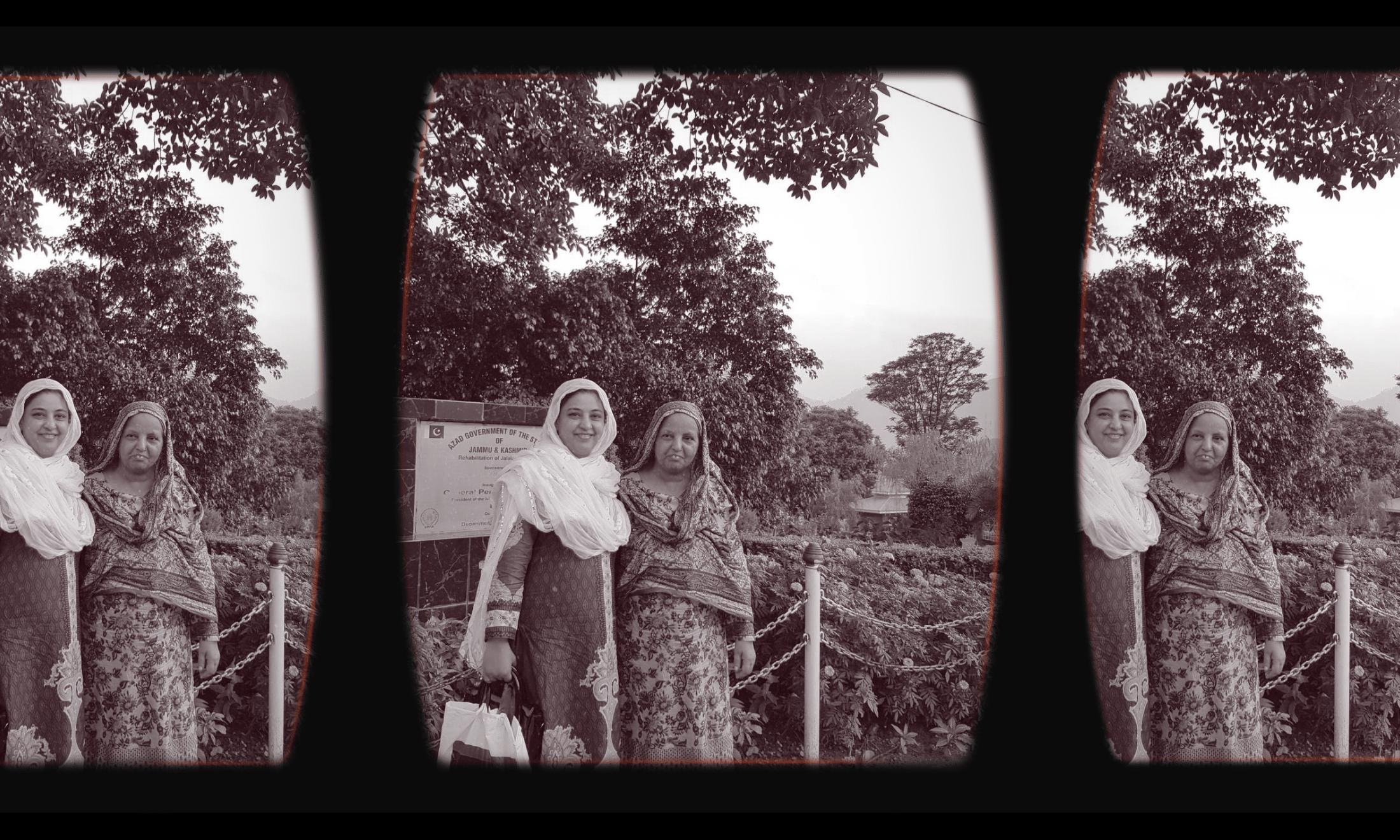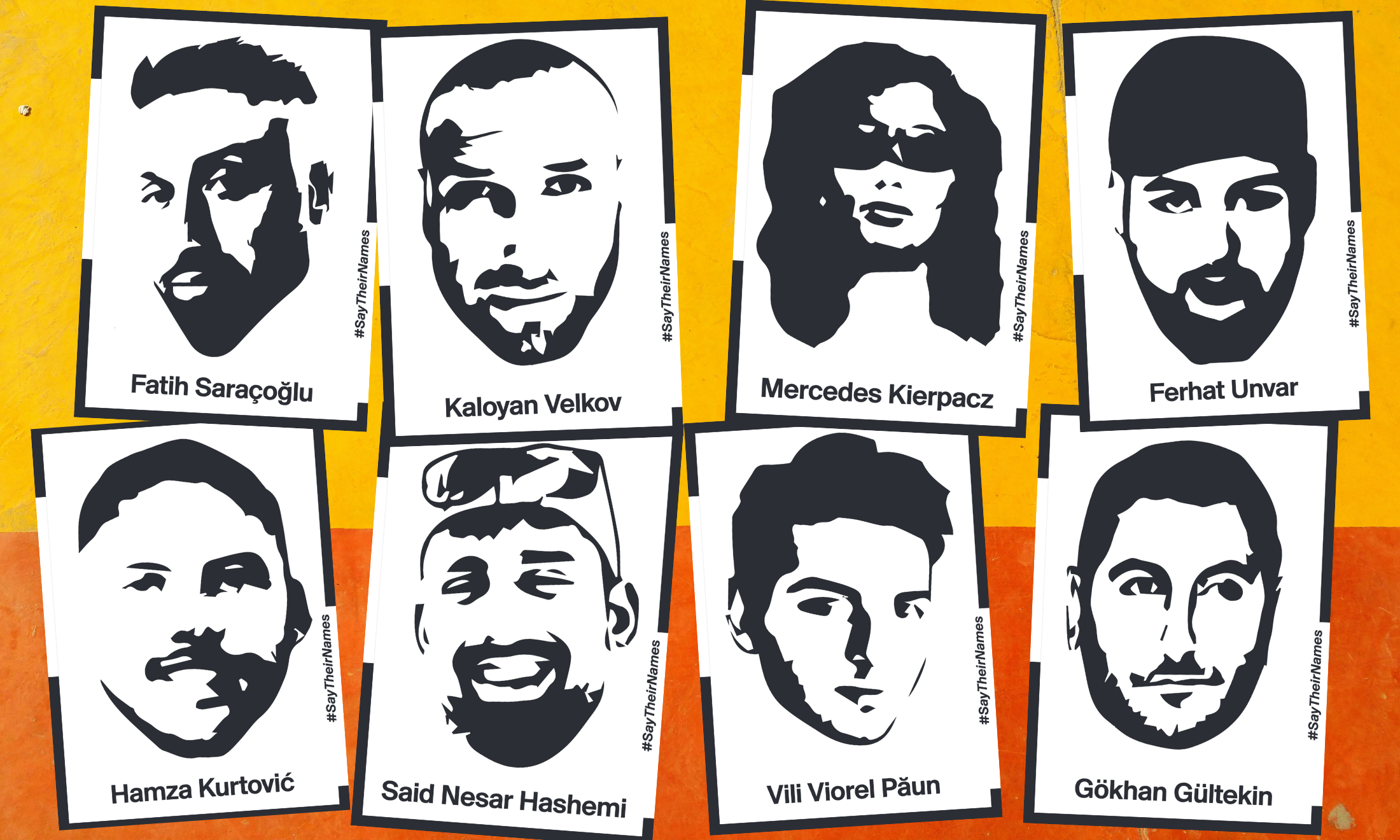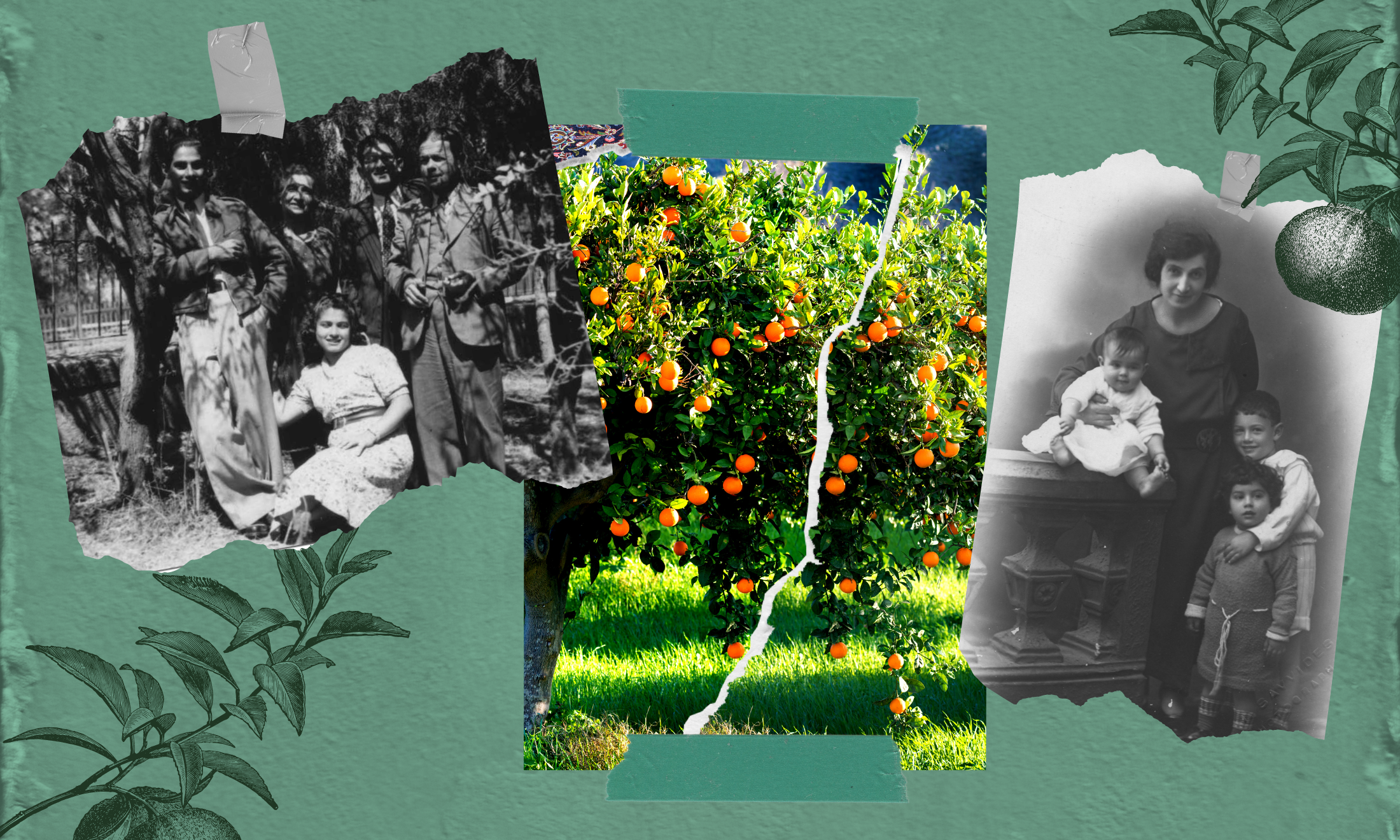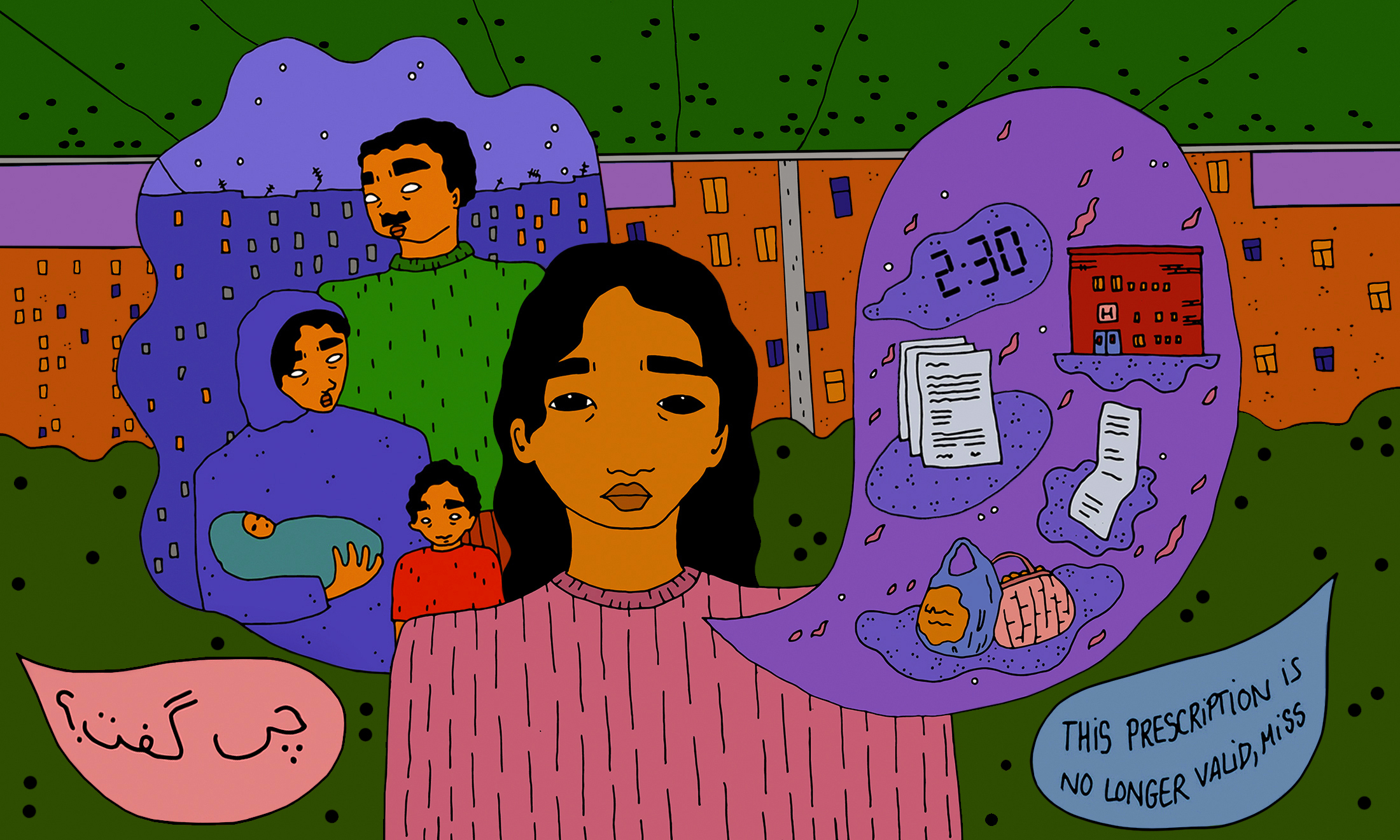
Half an hour into rolling around in the grass, I realised that my date didn’t speak English. We had met at a random bar in Leicester Square the night before and somehow I’d failed to understand that when he’d said he was Italian he had really meant Italian – as in born and raised, just moved to London, not a word of English spoken – Italian. We had arranged to meet in Hyde Park on a steaming July afternoon and after several attempts at exchanging pleasantries with the aid of Google Translate, we’d given up and just settled for making out in the grass for the rest of the afternoon. I never saw him again after that day and really, how could I have?
Being able to communicate with anyone is crucial, but somehow even more so when it comes to people of different cultures. My encounter with the Italian man can be laughed off as harmless and maybe even a bit romantic. But usually – and sadly – it’s rarely the case that an inability to engage in fluid conversation with another person ends in kisses and funny little anecdotes. When someone makes the decision to move to another country for example, one of the most daunting things to consider is whether or not they’ll be able to integrate into the culture – a major part of that being the mastery of the native language.
I know this first-hand. Two years ago I found myself moving to Austria to work for a well-known media company. Initially I’d had few reservations about the move, as being a European country, Austria was unlikely to have major cultural differences to the UK. Little did I know that those first couple of months would see me at the loneliest I’d ever felt. I had sorely underestimated how difficult it would be to interact with locals who were either unable or unwilling to speak English with me. Simple things like shopping for groceries and catching the right bus home became arduous tasks that would reduce me to tears.
“…you can only truly say you’ve mastered a language when you can marry your words with the kind of wit, mannerisms and slang that best reflect your character”
I’ve always been pretty good with words but for the first time, this skill meant nothing. When communicating with locals I’d make (very British) jokes which would fall flat and be met with blank stares. I found myself having to simplify my English in order to communicate with people. This effectively meant simplifying my own intelligence to make up for not being capable of matching the Austrian/German vernacular, making the ability to have meaningful conversations incredibly difficult. As a result I found myself clinging to social groups that consisted mainly of expats.
Beyond knowing the difference between cat and dog, you can only truly say you’ve mastered a language when you can marry your words with the kind of wit, mannerisms and slang that best reflect your character. Along with tone and how we phrase things, all of this is crucial for giving others a sense of who we are as nuanced and multi-dimensional human beings. Actions speak louder yes, but most of the time you’re barely given a chance to act unless you have something of any significance to say.
How difficult must it be for a woman who speaks little English and wears the niqab to navigate herself around a city like London? I imagine this to be a woman with character and interests, a woman who has a song that makes her dance around her room and a movie that never fails to bring her to tears. Then I think about how difficult it must be for her to portray this to strangers – her humanity I mean.
“Actions speak louder yes, but most of the time you’re barely given a chance to act unless you have something of any significance to say”
Because that’s the problem isn’t it? Particularly in a place like the UK, so many people living here whose second or even third language is English are, according to that very fact alone, highly intellectual but treated as if they are stupid or rude. Language barriers can be inconvenient at best but it can also give way to unfounded perceptions and an “othering” that we as native English-speaking Westerners are rarely faced with when we move to other countries.
When I moved to Austria knowing that I didn’t speak the language, I did it because I was dissatisfied with my surroundings and saw a job opportunity abroad. It appealed to me as a springboard for even better opportunities in the future, and a lot of us move for these reasons. But whether you’re moved here from Libya, Bangladesh or Poland, language barriers can often drives a wedge between us, to the point where we fail to remember that a lot of people whose first language is not English also have quirks and personalities that they may struggle to express because of these limitations. I was at least able to fall under the expat category, which lessened that alienated feeling marginally. But when the shoe is on the other foot, our new neighbours from overseas are often labelled as immigrants, leeches and terrorists. We too often lean on or allow others to lean on the red-top narrative, leaving space for negative and dangerous narratives painted by the ignorant and enabled by the oblivious. But every single person, regardless of where they have come from, is the protagonist of a complex and meaningful life story, with a personality, history and intellect of their own.









